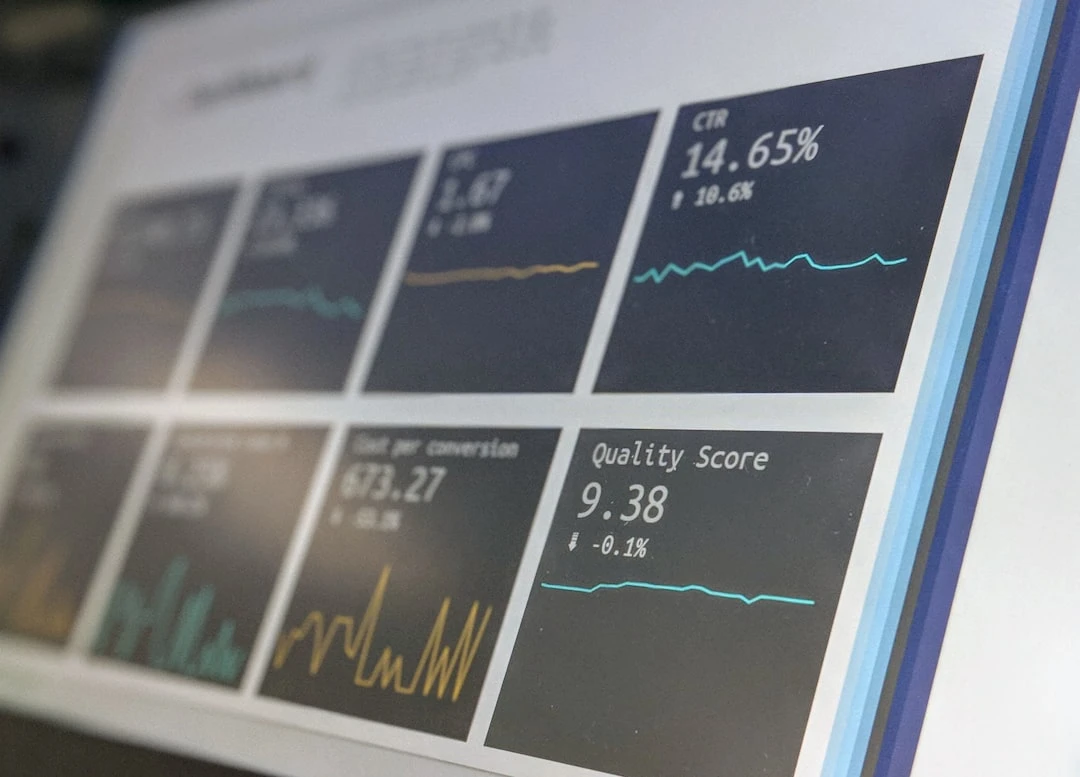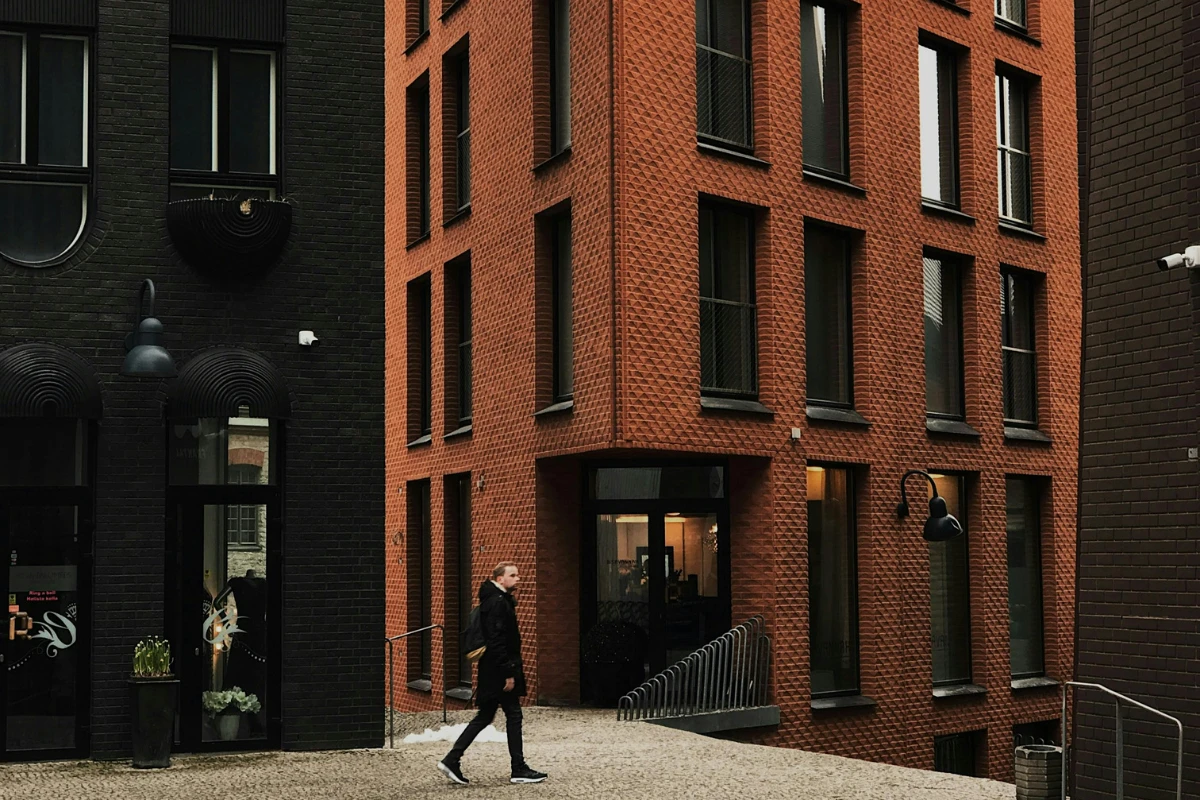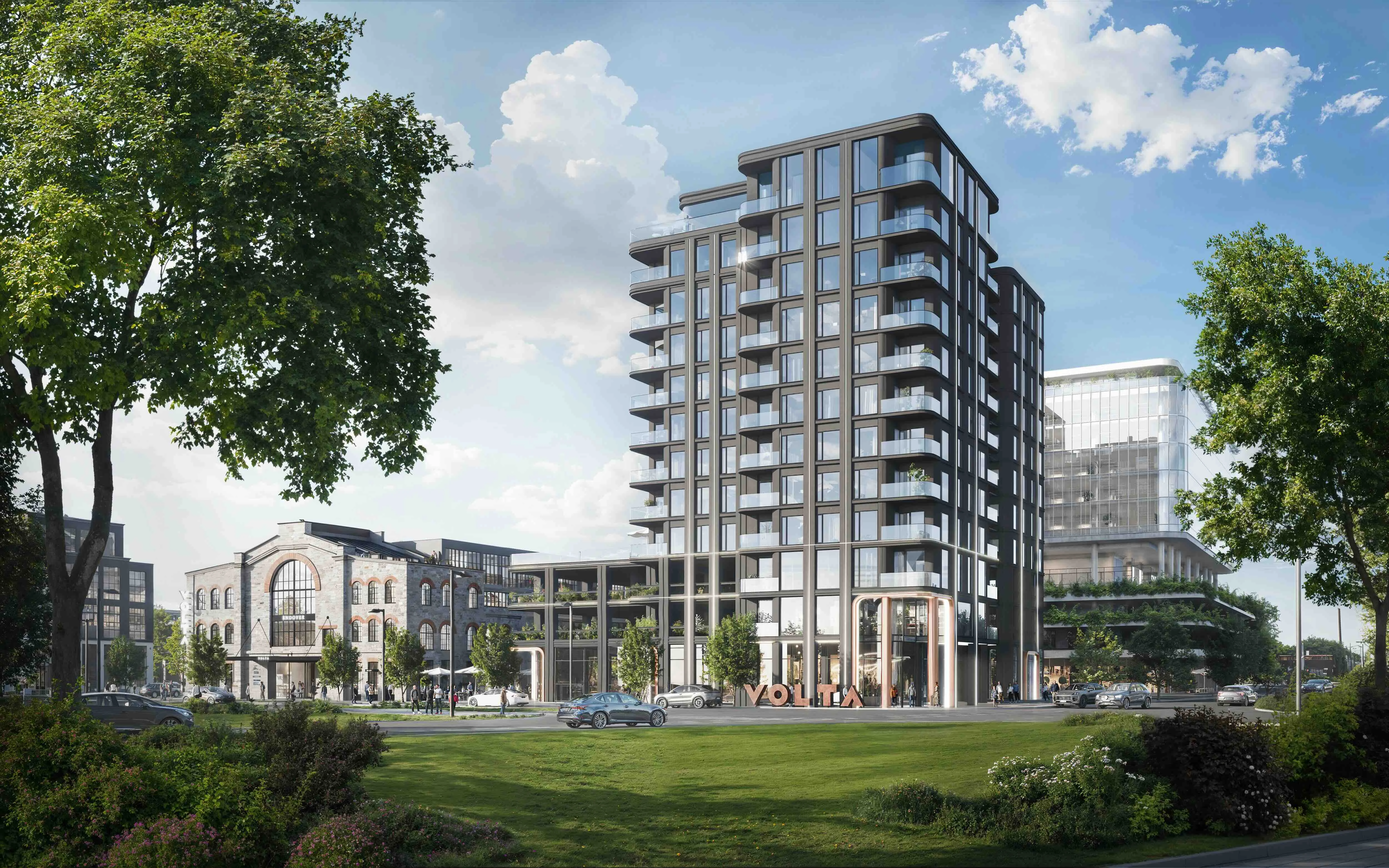Commercial Space – Buy or Rent
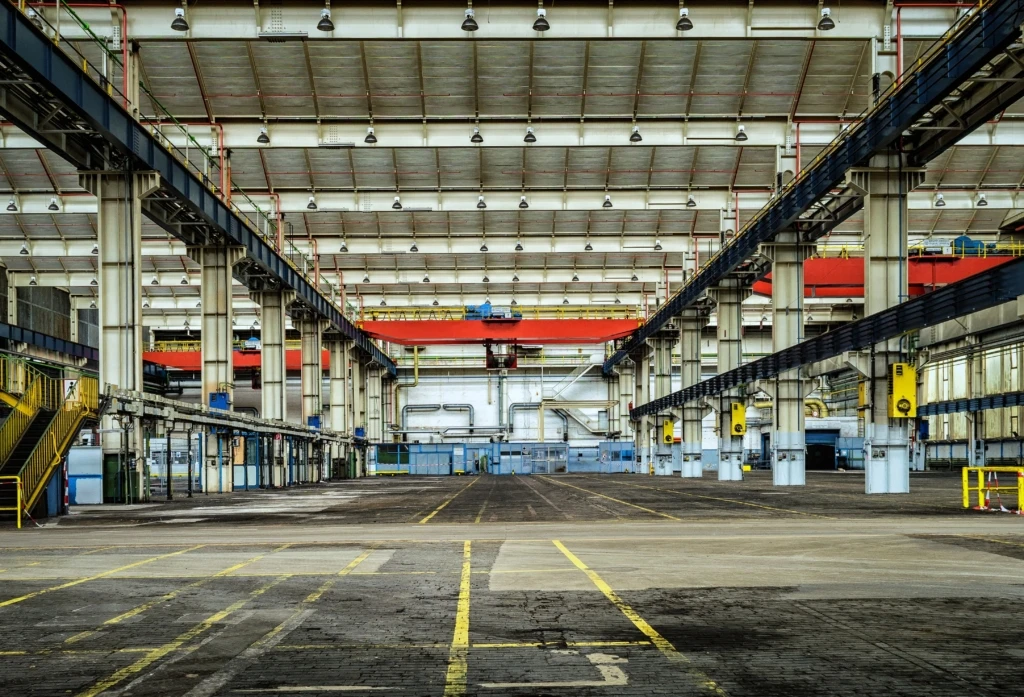
Estonians believe in real estate – ownership is preferred over renting and therefore sales offers are sought whenever possible. This usually applies to residential real estate, but how does it work with commercial properties?
Rapidly growing companies generally do not look for sales deals. For them, flexibility is more important than ownership, as well as the opportunity to operate from a much larger commercial space a few years down the line.
Owning real estate means a certain commitment. Even if the commercial property is new and does not involve significant maintenance costs, money is tied up in the real estate, space solutions need to be thought through, and someone from the team needs to be involved in implementing the space program. Someone on the team must deal with the real estate. A thriving company "turns" money in its day-to-day business significantly faster than the savings from owning real estate generate returns. Therefore, a large part of the market is filled with commercial property rental offers rather than sales.
However, if you are still considering whether to buy or rent commercial space, think about three points: the company's growth plans, the need for ownership, and financial capacity.

Company Growth Plans
Whether the decision is to buy or rent commercial space, one thing is certain: you will be tied to the chosen commercial property for at least three to five years. Moving is not anyone's favorite activity, so solutions are sought where moving would be as rare as possible. The ideal space is one where you don't need to move at all, but can expand – meaning when looking for commercial space or a commercial building for a company, the best option would be if the building also has expansion reserves.
Expansion reserve can be in the form of building volume on the land that is not developed immediately and remains as a future opportunity. Another good option for expansion reserve is commercial space in the same building next door, occupied by another company. If expansion is needed, the company increases its usable space at the neighbor's expense – by buying or renting the adjacent space, depending on what options are offered.
In the case of new developments, rental agreements are generally concluded for a fixed five-year term. After the contract period expires, there is an option to extend the rental agreement based on agreement. If the landlord does not wish to extend the contract or demands an unreasonable increase in rent, the tenant is forced to move. This brings us to the second point.
Need for Ownership
Due to the desire not to let someone else influence your company's strategic decisions, opportunities are sought to own commercial space.
For comparison – when renting space, any renovation solutions must be agreed upon with the owner and it may happen that not everything desired is permitted. Renovations and improvement work on the space remain with the tenant after the rental agreement ends, meaning large sums are often invested in someone else's real estate. If the company's growth plans are in place and it is known that larger space, for example over five or ten years, will not be needed, it is sensible to sign a rental agreement of appropriate length to mitigate risks.
Some development projects offer both solutions – the possibility to rent commercial space and the possibility to buy it. Depending on the company's needs and possibilities, you can choose the appropriate option.
Financial Capacity
If there are free funds on the balance sheet that are not used in the main business, it makes sense to direct them to real estate. Even though the return on main business activity is likely higher, with real estate, in addition to savings on rent, there is also the plus of value appreciation working in the owner's favor over the years.
Owning commercial space is often also desired by companies that do not have free funds sitting in their accounts. If financial indicators are strong, this is not a problem and the bank comes to the rescue. If financial indicators are not strong, difficulties can arise with both purchasing and renting commercial space. It's an old truth that the landlord does well when the tenant also does well, so the tenant's financial results are verified when signing a contract. No landlord wants to sign a contract suspecting that to receive rent, electricity will have to be cut off from the commercial space.
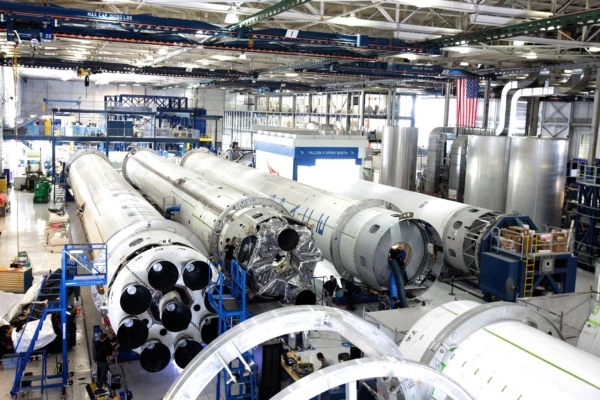
In Summary
There is no single truth about which is better or what to prefer. Companies have different needs and possibilities. For rapidly growing companies, it makes sense to rent commercial space and look for ways to expand on the same or nearby space as simply as possible from a real estate perspective. For companies with developed business models, where unexpected major changes (read: rapid growth) are not expected in the near future, it would be sensible to purchase real estate. In this regard, the best option is if the purchased real estate has the potential for future expansion – either at the neighbors' expense or through building extensions.
Commercial real estate on the market is generally offered for rent. However, Tähetorni Technopark, which is being completed in western Tallinn, offers commercial spaces for both rent and purchase, and in the case of rent, also with the possibility of a purchase option.
The Technopark has 24 plots with building rights, so expansion will not be a problem in the future. The park's developer is Tähetorni Technopark OÜ, a related company of OÜ Favorte with a 25-year history, which plans to develop the technopark in three phases. Phased development provides an opportunity for companies that have rented/purchased commercial space in the first phase to find larger and more suitable commercial space in subsequent phases if desired.
Not many companies offer internal expansion within a technopark, but at Tähetorni this is possible within the same building. In the buildings being built at Härg Street 21 and 22, commercial spaces are sold as building units.
Additional information about the upcoming new development can be found at www.tahetornitehnopark.ee
Article author: Kristen Tamm, consultant at Uus Maa Property Advisors


